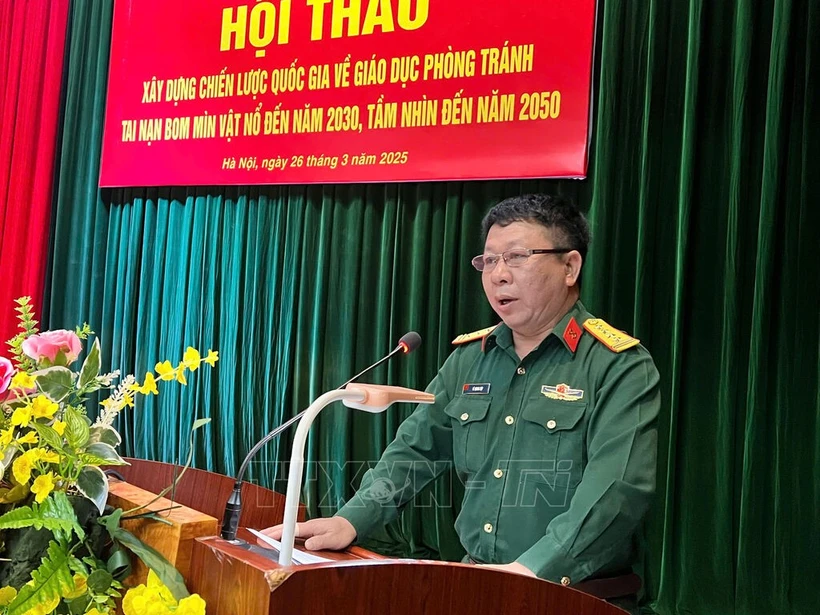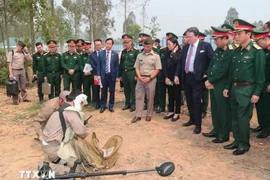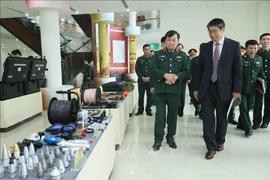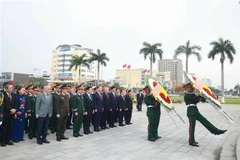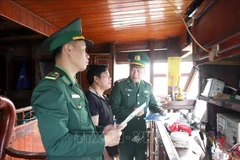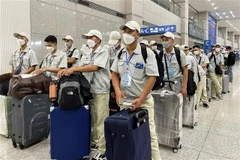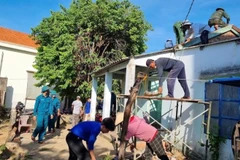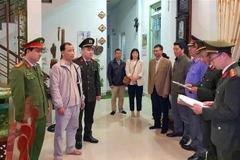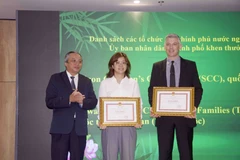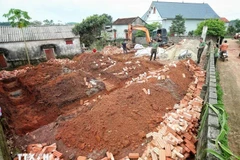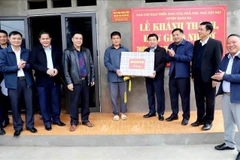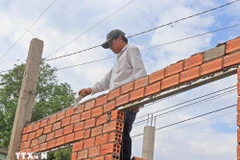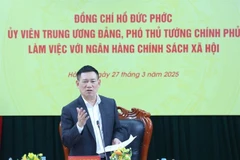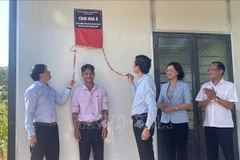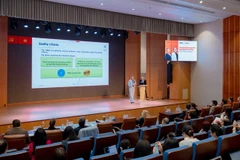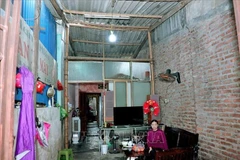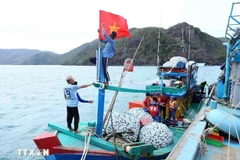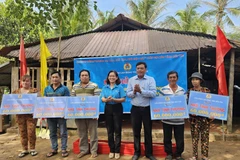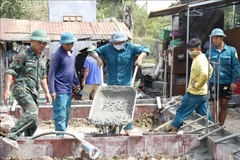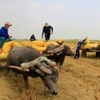Hanoi (VNA) - The Vietnam National Mine Action Centre (VNMAC) on March 26 organised a workshop on building a national strategy for education on bomb and mine accident prevention by 2030, with a vision to 2050.
In his opening speech, Colonel Le Quang Hop, VNMAC Deputy General Director, stated that immediately after the complete liberation of the South in 1975, the Party and State have always paid special attention to bomb and mine clearance and decontamination of polluted areas, along with education on related accident prevention.
The Party's viewpoints, and the State’s policies and laws on addressing the consequences of war have been gradually perfected, clearly reflected in many important documents.
Meanwhile, Colonel Nghiem Xuan Long, who is also Deputy General Director of the centre, noted that the issue of post-war bomb, mine and unexploded ordnance (UXO) contamination and accidents in Vietnam remains serious and complex, posing significant safety risks to the people and society, and directly affecting socio-economic development, national defence, and security.
According to the compiled data, by the end of 2024, nearly 5.6 million hectares of land, or about 17.71% of the country's total land area, remained contaminated with bombs, mines and UXOs. Many provinces and cities, including large urban areas, continue to discover UXOs, even in densely populated areas.
Since 1964 in the North and 1975 in the South, 42,135 people have been killed and 62,163 others injured due to bombs, mines and UXOs.
Therefore, educating people on accident prevention is increasingly recognised as an important measure to help reduce related accidents, especially in heavily contaminated areas in Vietnam. Therefore, education on this work continues to be a key task in the post-war bomb and mine clearance efforts in the country, said Long.
Participants at the seminar made recommendations on improving the strategy with key solutions to enhance the mobilisation and effective use of resources for educational efforts aimed at reducing and ultimately eliminating bomb and mine accidents./.
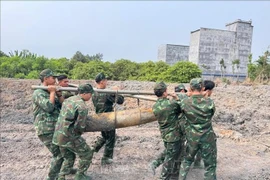
Over-200kg wartime bomb unearthed in Binh Phuoc
The bomb was identified as part of the MK series, measuring 1.5 to 2 metres in length and deeply buried underground, requiring the provincial command’s deployment of specialised personnel for its removal.
